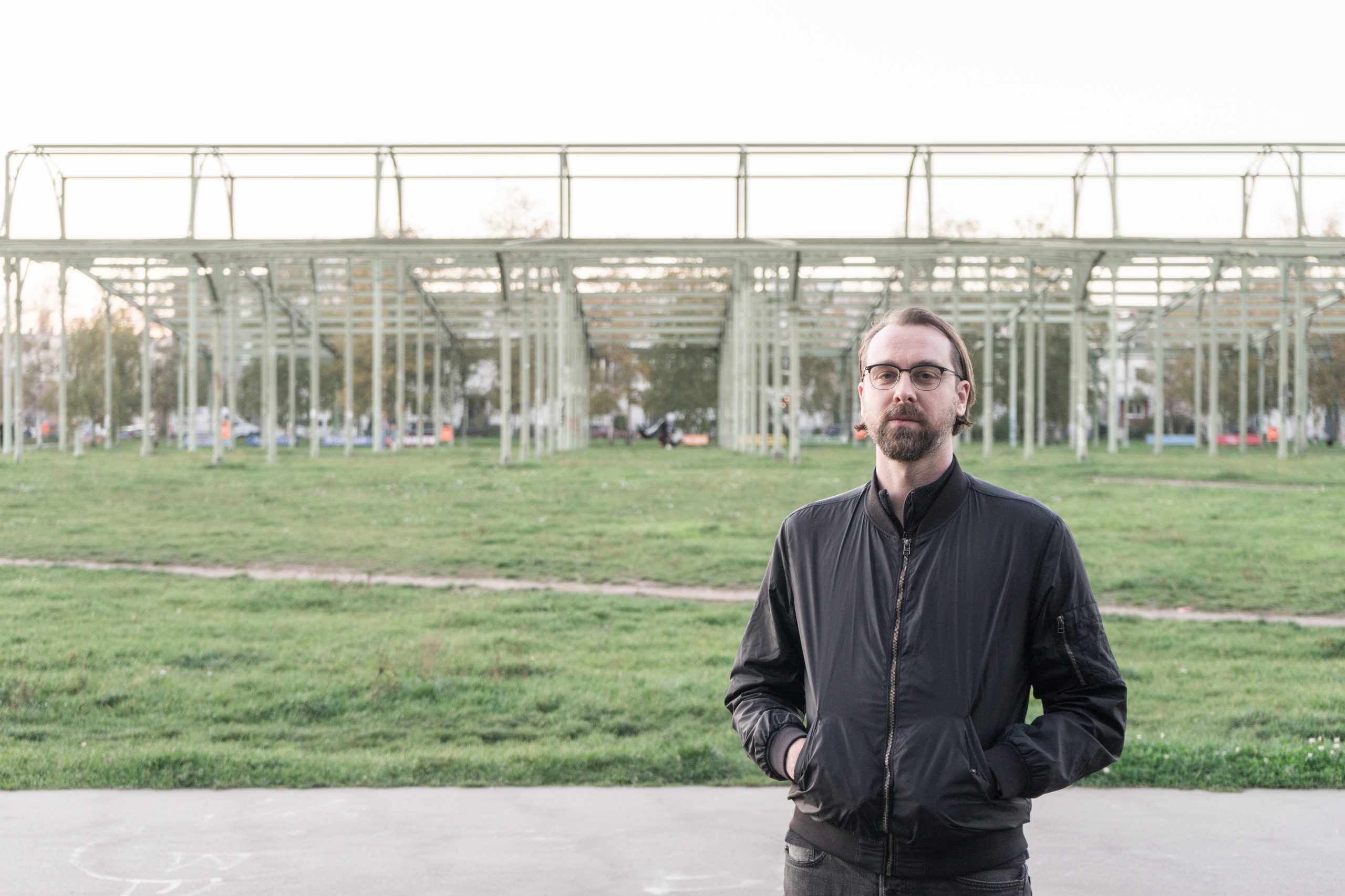
Ivano Legnini
- Research Group Leader, Legnini Group
Ivano Legnini is a molecular and systems biologist interested in gene regulation.
He graduated in Genetics and Molecular Biology at Sapienza University of Rome in 2012. He worked on non-coding RNA and post-transcriptional gene regulation in the lab of Irene Bozzoni, where he completed his PhD in 2016. He then won an EMBO fellowship and joined the lab of Nikolaus Rajewsky at the Max Delbrück Center – Berlin Institute for Medical Systems Biology, where he established different lines of research, for example developing FLAM-seq for studying poly(A) tail regulation, and combining optogenetics with spatial transcriptomics to study spatial regulation of gene expression in organoid models of neurodevelopment. He moved to Milan and started his lab at HT in March 2023, working in the fields of gene regulation and RNA metabolism, as well as on developing new genomic technologies for perturbing and profiling gene expression.
Email: ivano.legnini [at] fht.org
Follow on
Publications
-
11/2022 - ScienceAdvances
MicroRNAs are deeply linked to the emergence of the complex octopus brain
Soft-bodied cephalopods such as octopuses are exceptionally intelligent invertebrates with a highly complex nervous system that evolved independently from vertebrates. Because of elevated RNA editing in their nervous tissues, we hypothesized that RNA regulation may play a major role in the cognitive success of this group. We thus profiled messenger RNAs and small RNAs in […]
-
05/2022 - Nature Methods
Best practice standards for circular RNA research
Circular RNAs (circRNAs) are formed in all domains of life and via different mechanisms. There has been an explosion in the number of circRNA papers in recent years; however, as a relatively young field, circRNA biology has an urgent need for common experimental standards for isolating, analyzing, expressing and depleting circRNAs. Here we propose a […]
-
02/2022 - BioRxiv
Spatio-temporal, optogenetic control of gene expression in organoids
Organoids derived from stem cells become increasingly important to study human development and to model disease. However, methods are needed to control and study spatio-temporal patterns of gene expression in organoids. To this aim, we combined optogenetics and gene perturbation technologies to activate or knock-down RNA of target genes, at single-cell resolution and in programmable […]
-
08/2019 - Nature Methods
FLAM-seq: full-length mRNA sequencing reveals principles of poly(A) tail length control
Although messenger RNAs are key molecules for understanding life, until now, no method has existed to determine the full-length sequence of endogenous mRNAs including their poly(A) tails. Moreover, although non-A nucleotides can be incorporated in poly(A) tails, there also exists no method to accurately sequence them. Here, we present full-length poly(A) and mRNA sequencing (FLAM-seq), […]